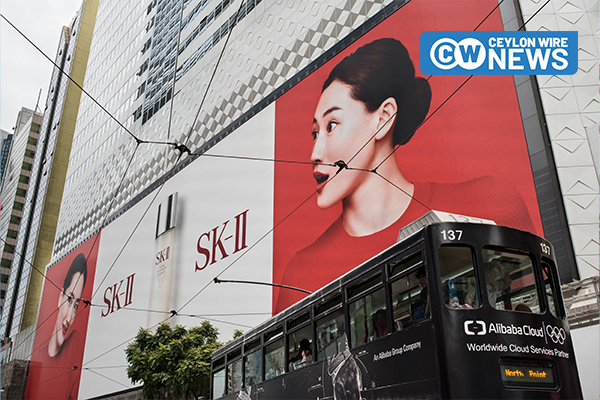Procter & Gamble (P&G) has disclosed a significant 34% drop in sales for its high-end SK-II skincare brand during the period between October and December. Executives of the company attribute this decline not only to China’s sluggish economic recovery but also to the prevailing anti-Japanese sentiment in the region.
The anti-Japanese sentiment escalated following Japan’s decision to release treated radioactive water from its Fukushima nuclear power plant, damaged by a massive tsunami in 2011. Despite assurances from the United Nations regarding the safety of the treated water, China opposed the move and imposed a ban on all seafood imports from Japan. This led to a widespread boycott of Japanese brands by Chinese consumers, including P&G’s SK-II.
The impact of disinformation fueled fear and suspicion in China, resulting in not only a decline in SK-II sales but also incidents such as rocks being thrown at Japanese schools and numerous hostile phone calls to businesses in Fukushima.
However, P&G executives remain optimistic about SK-II’s recovery, noting a positive trend in recent months. Chief Financial Officer Andre Schulten stated, “Our consumer research indicates SK-II brand sentiment is improving, and we expect to see sequential improvement in the back half,” during the company’s earnings conference call.
This is not the first time SK-II or other Japanese brands have faced boycotts in China. In 2012, anti-Japanese protests erupted across China due to a territorial dispute, leading to production halts at Japanese carmakers and attacks on showrooms. Other affected Japanese companies included Sony, Uniqlo, and Aeon.
P&G’s CEO, Jon Moeller, acknowledged that previous tensions have impacted SK-II’s sales, but he expressed confidence that the brand has historically rebounded. While the company’s overall earnings were mixed due to a one-off charge related to its Gillette business, demand for daily-use products in grooming and home-care segments remained robust despite higher prices. Source – BBC









